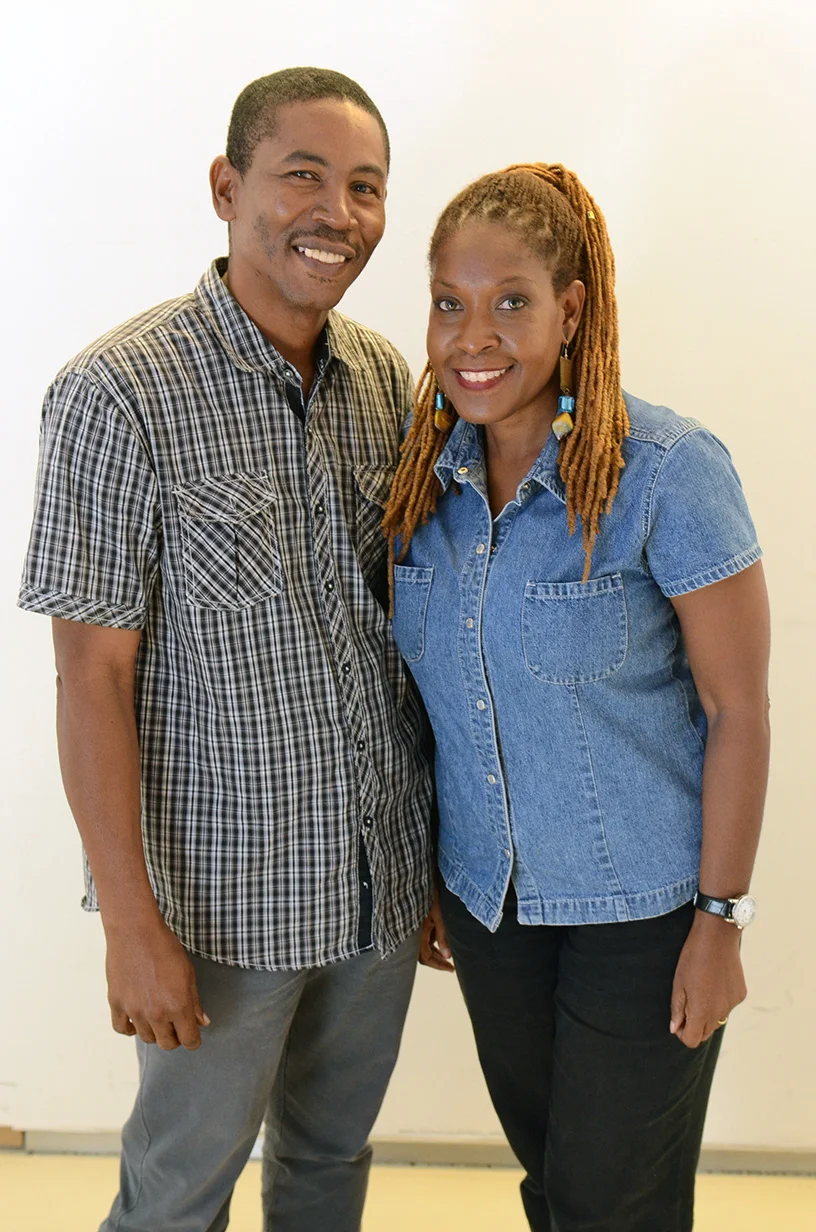African-American is new dean at OCAD University
Toronto has landed the first Black dean of a Faculty of Design.
The Ontario College of Art & Design (OCAD) University has appointed Dr. Elizabeth (Dori) Tunstall to the position with responsibilities for educational and research leadership, development and supervision of the faculty.
Gillian Siddall, OCAD’s academic & provost vice-president, said Tunstall is a wonderful addition to the academic leadership at Canada’s oldest and largest art & design education institution.
“She brings a significant background in academic administration, fundraising and international partnerships as well as pedagogy and curriculum development, particularly in building indigenous knowledge into curriculum and enhancing support for indigenous staff and students,” said Siddall.
A design anthropologist exploring how the methods and products of design help define human culture, Dr. Tunstall was an associate dean of learning and teaching in the Faculty of Design at Swinburne University of Technology in Australia where she created a Master’s and graduate diploma of design program that focuses on developing students and practitioners who could understand people’s values and design and evaluate their experiences within and across cultures.
She said OCAD University appeared on her radar about 18 months ago.
“I belong to a network of women of colour in academia and someone from that group sent me a message saying OCAD was looking for a new dean,” Tunstall, who was born in South Carolina and raised in Indianapolis, told Share. “That individual was familiar with my work and thought I would be a really good match. I have been applying for other dean and director of design positions and while they talked about diversity and inclusion, they weren’t using the language of decolonization and indigenization. OCAD was talking about that and that, to me, was really exciting based on my past work with the indigenous community in Australia and as a design anthropologist in terms of decolonizing design and anthropology.
“It was like we found each other in a way that I wasn’t expecting. Part of my excitement in my new role is really to create the conditions to allow the networks of these types of people who approach design in this way and to convince young people who want to see design engaged in their communities in more positive ways. It’s about creating a space for them to come from all over the world to engage in design in this manner.”
A former strategist for Sapient Corporation and Arc Worldwide, Tunstall isn’t totally surprised that it took so long for a university to hire a Black dean for its Faculty of Design.
“I think it has to do a little bit with the history of design itself,” she said. “There are now changing perceptions of what design is. The early design was created at the same time where you had all these products coming from all over the world and they needed to be packaged and sold to different people. Those individuals that were creating these products and services were the colonized people and the people receiving these goods and services had a particular understanding of what images needed to be there and what stories spoke to them.
“If you take that as a perspective of design history, design has not always being a very safe space for many communities because of its role in colonization. As design has emerged, grown and developed, you have in the last 10 years seen design for social impact where design has had to reflect on how it is contributing to a better world. There is a way in which communities, including those of colour, can now see design as a place where you can contribute to the benefit of your community as opposed to design being seen as a place that is either selling you goods to your community in ways that are not about social and economic justice or where design is exploiting your community. My move into this position is a reflection and amplification of that shift in design understanding.”
Tunstall said her passion for design comes from wanting to create strong, healthy and resilient communities which are key aspects of everything that has driven her as a human being.
“My training is in anthropology as well as in sort of art and design,” she said. “I am interested in the cultural aspect of how people express their identities through this process of making things and making the world around them. I have found that design is the most appropriate and best mechanism by which to make changes in the world tangible for people and to make it something that they can directly experience through what they see, smell, taste, touch and feel.
“My passion is for a just world as a human being and design is just a way in which I think I am most aptly suited to support this just world.”
Prior to taking up her new assignment, Tunstall visited Vancouver twice and was in Calgary last summer for the one-week Americas Symposium on Cultures-Based Innovation in Banff.
She started the Cultures-Based Innovation initiative – a global network of designers, anthropologists, indigenous scholars & activists, innovation consultants, computer scientists and leadership scholars – to define and implement more inclusive and decolonizing perspectives on innovation.
In the short time she has been in Toronto, Tunstall said she is overwhelmed and amazed by the city’s diversity.
“I have lived in metropolitan centres like Chicago and Melbourne, but in many ways they don’t compare to the diversity and integration that I find here,” she said.
Tunstall, who spent a month in India last year with students and artisans producing traditional block-printed textiles in order to ascertain how design anthropology fit within the local cultural context, has signed a five-year contract with OCAD with an option for a five-year renewal.






